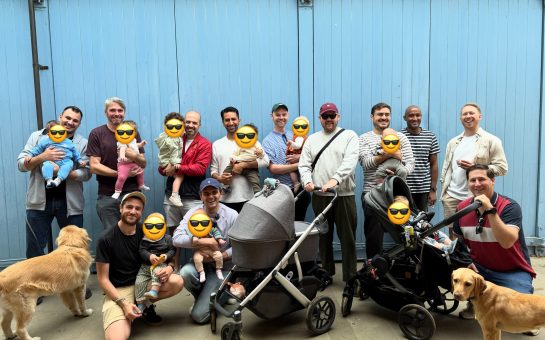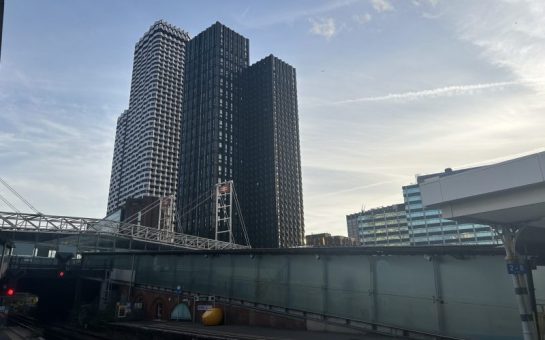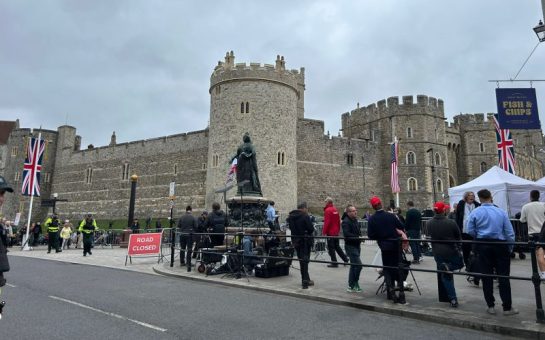In the world of business, the marketing mix has always been the backbone of how companies approach their audiences.
Traditionally, this framework — product, price, place, and promotion — offered a neat structure for creating and delivering value.
But in today’s London, a city where culture, technology, and consumer expectations collide, businesses are rethinking what promotion actually means.
Increasingly, promotion is no longer about running ads or pushing sales messages. Instead, it has evolved into creating content that connects, entertains, and tells a story.
This shift is especially visible in London, where independent brands, local startups, and established companies alike are weaving storytelling, community values, and digital platforms into their strategies.
Promotion has become content — and in doing so, it has reshaped the entire marketing mix.
The rise of storytelling in London’s business scene
Promotion once meant distributing flyers, booking billboard space, or paying for a 30-second radio slot.
Now, London businesses are recognising that customers want more than polished adverts. They want narratives that feel authentic and rooted in real experiences.
Take the rise of micro-brands in Brixton and Hackney, for example.
Small fashion labels are using Instagram Reels and TikTok clips not to “sell” clothes in the traditional sense, but to tell stories of how garments are made, who creates them, and what cultural inspiration drives the designs.
By framing their promotional efforts as storytelling, these businesses don’t just showcase a product — they invite audiences into their world.
This approach taps into the city’s diverse identity. Londoners are global citizens with varied backgrounds and values, making them highly receptive to stories that highlight culture, heritage, and individuality.
Promotion as content: beyond traditional advertising
In the modern marketing mix, promotion is less about “shouting the loudest” and more about producing valuable, shareable content. That content might take the form of:
- Short-form videos showing the journey behind a product.
- Podcasts where business founders talk about challenges and inspirations.
- Blogs and features connecting a product to local issues, such as sustainability or community wellbeing.
- User-generated content where customers share their own experiences with a brand.
For instance, London’s thriving food scene illustrates this perfectly.
From Peckham pop-ups to Shoreditch street food, eateries are blending promotion with content by posting behind-the-scenes videos, customer reactions, and recipe stories online.
The promotion doesn’t feel like a hard sell, but instead feels like being part of a cultural conversation.
Local culture as a marketing advantage
One of London’s greatest assets is its cultural richness and businesses that tap into this have a distinct advantage when shaping their marketing mix.
Consider local breweries in south west London. Many have moved beyond simply promoting their craft beers. They now create content around community events, collaborations with musicians, or partnerships with local artists.
By doing so, “promotion” becomes intertwined with culture. The product isn’t just beer — it’s an experience tied to London’s identity.
This approach also resonates strongly with younger consumers who see brands as cultural participants rather than faceless corporations.
By connecting promotion to culture, London businesses make themselves part of the everyday lives of their audiences.
Digital platforms driving the shift
Of course, none of this evolution would be possible without digital tools.
Social media platforms, streaming services, and even online communities have blurred the line between promotion and entertainment.
For London businesses, digital is not just an optional “channel” in the marketing mix — it’s the primary stage.
Take TikTok, which has dramatically influenced London’s food, fashion, and nightlife industries.
A single viral video featuring a café in Clapham or a thrift store in Camden can do more than any traditional advert could achieve.
In this context, promotion isn’t about ad spend — it’s about crafting content that resonates with the platform’s culture and encourages engagement.
Digital also allows for experimentation. Businesses can test content formats, track engagement metrics, and refine their strategies in real time, something that traditional promotion could never deliver.
Redefining ‘promotion’ in the marketing mix
As promotion becomes content, the other elements of the marketing mix adapt too.
- Product: London brands now design products with storytelling in mind. A coffee brand might emphasise fair-trade sourcing so it has a meaningful narrative to share.
- Price: Content helps justify pricing by showing value beyond the product — for example, highlighting craftsmanship or ethical production.
- Place: Online platforms extend the “place” component, allowing businesses to reach customers across the city (and beyond) while still maintaining local authenticity.
- Promotion: Instead of selling directly, brands create content that builds trust, loyalty, and emotional connection.
This interconnectedness shows why London is such an exciting hub for marketing innovation. Businesses aren’t just adapting the framework, they’re rewriting how the mix works in practice.
Why this matters for London businesses
For businesses in south west London — from independent cafés to boutique gyms — this trend offers clear lessons:
- Authenticity wins: Content that feels personal and rooted in real experiences resonates more than polished advertising.
- Culture counts: Connecting with London’s local culture builds loyalty and trust.
- Digital is non-negotiable: Platforms like TikTok and Instagram are the new “place” where promotion and community converge.
- Storytelling fuels growth: Businesses that can tell compelling stories will stand out in London’s competitive landscape.
Conclusion
Promotion in London has moved far beyond traditional advertising.
It has become content: stories, digital experiences, and cultural conversations that blur the line between selling and sharing.
For local businesses, this transformation represents both a challenge and an opportunity. Those who can reimagine the marketing mix through storytelling, culture, and digital platforms will not only survive but thrive in one of the most competitive markets in the world.






Join the discussion